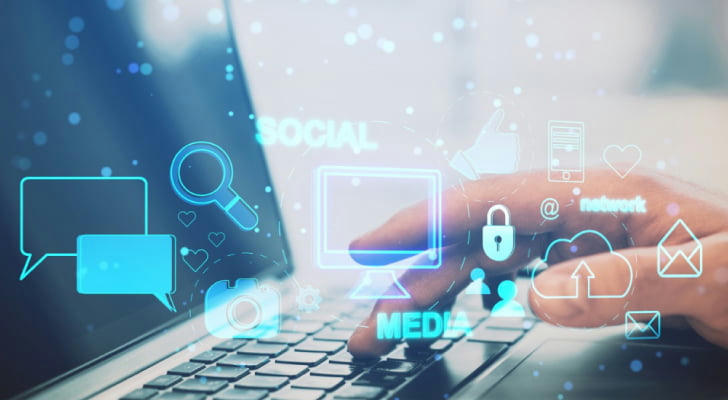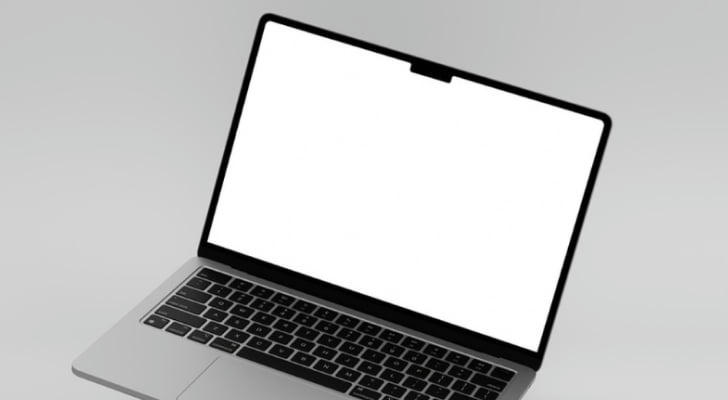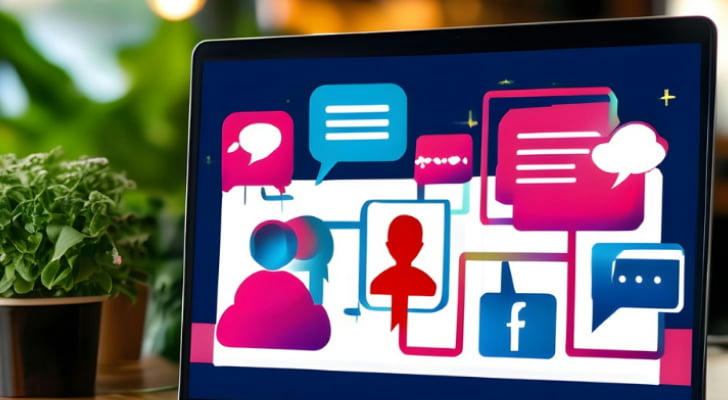The Dark Side of Social Media: What You Need to Know 📲⚠️

In today’s digital age, social media is an integral part of our daily lives. From staying in touch with friends and family to finding the latest news or trends, it has transformed the way we communicate and connect. But as much as social media has its benefits, there’s a darker side that we often overlook. The constant scrolling, the endless feeds, the pressure to be perfect—these are just some of the challenges that come with our social media habits.
Let’s dive into the dark side of social media and take a closer look at the hidden dangers that could affect your mental health, privacy, and overall well-being.
1. The Pressure to Be Perfect: Social Media and Mental Health 😓
A Filtered Reality
Social media platforms like Instagram and Facebook often showcase the best versions of our lives. Pictures are carefully curated, moments are edited, and every post is designed to highlight the happiest and most glamorous parts of our day. It’s easy to get caught up in the idea that everyone else’s life is perfect.
But the truth is, social media is far from real. The constant exposure to filtered images and idealized lifestyles can lead to feelings of inadequacy and low self-esteem. Research has shown that prolonged use of platforms like Instagram, which is heavily based on visual content, is linked to increased anxiety, depression, and body image issues.
The Comparison Trap
It’s only human to compare ourselves to others, but when it comes to social media, these comparisons can be damaging. Whether it’s comparing your body to a fitness influencer or your career to a celebrity’s, the constant cycle of comparison can negatively affect your self-worth. This phenomenon is commonly known as “social comparison,” and studies have shown that it can trigger feelings of envy, loneliness, and dissatisfaction.
2. Social Media Addiction: A Growing Problem ⏳📱
Endless Scrolling and Dopamine Hits
Have you ever found yourself scrolling through Instagram or TikTok for hours, completely losing track of time? You're not alone. Social media is designed to keep you hooked. The endless feed, the “likes,” and the notifications are all part of a system that rewards your brain with dopamine every time you get a new interaction. This is similar to the way addictive behaviors work, making it difficult to put your phone down.
Studies have shown that people are spending more and more time on social media platforms. On average, Americans spend about 2 hours and 31 minutes per day on social media. This addiction can negatively impact your sleep, productivity, and relationships, and may even contribute to increased anxiety and depression.
The Fear of Missing Out (FOMO)
Another side effect of social media addiction is FOMO, or the “Fear of Missing Out.” This feeling arises when you see others doing exciting things or attending events you weren’t invited to, leading to feelings of exclusion or regret. It’s easy to get stuck in a cycle of wanting to stay connected to everything happening online, but the constant need to stay updated can lead to burnout and emotional exhaustion.

3. Privacy Issues: Your Data at Risk 🔒📉
The Price of Convenience
When you sign up for social media, you're agreeing to share a lot more than just your thoughts and pictures. Every time you post something, interact with ads, or even just browse a platform, you're giving away data that can be sold or used for targeted advertising. Social media companies track your activities, preferences, and even your location to build detailed profiles for marketing purposes.
But it’s not just about ads. In recent years, there have been numerous scandals about data breaches, such as the Facebook-Cambridge Analytica incident, where millions of users’ personal data was used without their consent. Your private information, including messages, contacts, and photos, could potentially be exposed or sold to third parties.
Cyberbullying and Harassment
Social media can also be a breeding ground for cyberbullying. The anonymity of online platforms allows people to behave in ways they wouldn’t in person, leading to hurtful comments, trolling, and harassment. This can have severe effects on mental health, especially among teens. A report from the Pew Research Center found that 59% of teens have experienced some form of online harassment, including spreading false rumors, receiving explicit messages, and being targeted for their appearance or beliefs.
Cyberbullying isn’t just something that happens to others; it’s an issue that could affect anyone who uses social media. Being targeted online can lead to feelings of anxiety, depression, and in extreme cases, even self-harm or suicide.
4. Misinformation and Fake News 📰❌
The Spread of False Information
Another dangerous aspect of social media is the spread of misinformation. With the rise of fake news and conspiracy theories, it’s become harder to differentiate between fact and fiction. Social media platforms allow anyone to publish content, regardless of its accuracy, and the viral nature of these platforms means that misinformation can spread quickly.
From false health claims to political propaganda, the consequences of misinformation can be serious. For example, during the COVID-19 pandemic, social media was rife with false information about the virus, treatments, and vaccines. This has led to confusion, mistrust, and even harmful behaviors.
Echo Chambers and Polarization
Social media also tends to reinforce echo chambers, where users are exposed to information that aligns with their existing beliefs. This can create a polarized environment, where people are less open to differing viewpoints. As a result, misinformation is not only more likely to spread, but it can also deepen divisions in society.
By constantly interacting with content that confirms our biases, we can become trapped in an ideological bubble, making it harder to have meaningful conversations with people who have different opinions.
5. The Impact on Relationships and Social Skills 💬💔
Superficial Connections
While social media allows us to stay connected with friends and family, these connections are often more superficial than we realize. Many people use social media as a way to maintain surface-level relationships without ever truly engaging with others on a deeper level. This can lead to feelings of loneliness and isolation despite being "connected" to hundreds or thousands of people online.
In fact, research has shown that excessive use of social media can contribute to social isolation, particularly among young people. While we may be interacting with people through likes and comments, these digital connections can’t replace in-person relationships, which are vital for emotional well-being.

Strained Real-Life Interactions
The obsession with social media can also strain real-life relationships. Couples may find themselves more focused on their phones than on each other, or friends may feel neglected when one person is constantly checking their feed. Social media creates a distraction from meaningful face-to-face interactions, leading to weakened bonds with loved ones.
6. The Solution: Being Mindful of Your Social Media Use 🧘♂️🌱
Taking Control of Your Social Media Habits
So, what can you do to protect yourself from the dark side of social media? It starts with mindfulness. Being aware of how social media affects your mental health and taking intentional steps to use it in a healthy way can make a world of difference.
Here are a few tips to help you regain control:
- Limit screen time: Set boundaries around how much time you spend on social media each day. Use built-in tools like Screen Time on iOS or Digital Wellbeing on Android to track and limit usage.
- Curate your feed: Follow accounts that bring positivity and inspiration. Unfollow or mute accounts that make you feel anxious or inadequate.
- Take regular breaks: Give yourself time away from screens. Disconnect for a few hours or even days to recharge your mental health.
Conclusion: Navigating the Dark Side ⚖️
Social media can be a powerful tool for connection and communication, but it’s essential to recognize its darker side. From mental health challenges to privacy risks, there’s a lot more going on beneath the surface. By being aware of these dangers and taking proactive steps to protect yourself, you can enjoy the benefits of social media while minimizing the negative effects.
Remember, social media doesn’t have to control your life – you do. By staying mindful and making intentional choices, you can create a healthier, more balanced relationship with these platforms.
Stay safe, stay informed, and most importantly, stay connected in ways that truly matter. 🌍💙
